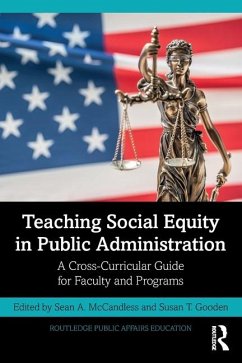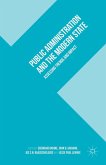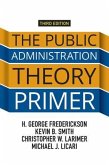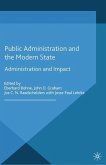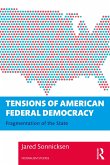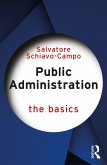Public administration education programs prepare students in the provision of important public and nonprofit services, so it is essential that such programs help prepare administrators to advance social equity, one of the pillars of the discipline. This exciting new book from social equity authorities Sean McCandless and Susan T. Gooden demonstrates how public administration faculty can teach social equity across the curriculum, in practical terms.
This edited collection features chapters from authors experienced in both public administration and in teaching social equity. Each chapter discusses teaching social equity in a particular class (Introduction to Public Administration, Organizational Dynamics and Theory, Human Resources, Policy Process, Research Methods, Capstones, and more) through distinct pedagogical practices that advance student learning (including case studies, community engagement projects, and simulations). The text captures an array of instructional approaches to social equity within public affairs education, particularly at the graduate level. It includes approaches from both established and newer instructors, across a diversity of universities. The book serves as an important resource to faculty who teach these courses, as well as the students who take them. Most importantly, it is a resource to academics and practitioners alike who share a commitment to fairness in the implementation of public services.
This edited collection features chapters from authors experienced in both public administration and in teaching social equity. Each chapter discusses teaching social equity in a particular class (Introduction to Public Administration, Organizational Dynamics and Theory, Human Resources, Policy Process, Research Methods, Capstones, and more) through distinct pedagogical practices that advance student learning (including case studies, community engagement projects, and simulations). The text captures an array of instructional approaches to social equity within public affairs education, particularly at the graduate level. It includes approaches from both established and newer instructors, across a diversity of universities. The book serves as an important resource to faculty who teach these courses, as well as the students who take them. Most importantly, it is a resource to academics and practitioners alike who share a commitment to fairness in the implementation of public services.
"This compelling new book provides public administration faculty with an exceptional guide to teaching social equity in the classroom. As one of the pillars of the field, faculty are responsible for conveying to students the importance of promoting the values of social equity in practice-the democratic principles of equality, fairness and justice. The book provides useful techniques on teaching these values in core and elective courses which go beyond Human Resources Management to include such courses as Budgeting and Finance, Ethics, Public Policy, Nonprofit Management, and Research Methods. As faculty, we are the conduits through which the values of social equity find their way into practice so that every member of our society is treated fairly and equitably."
Norma M. Riccucci, Rutgers University, Newark, USA
"This book offers essential training for the next generation of public servants; students will be exposed to the value of equity, justice, and fairness. Although these words are under scrutiny in many jurisdictions around the United States at the time of writing (2023), this book points out that every American has a right to be treated fairly. The Constitution so requires it. We also face significant challenges at all levels of government, so it is imperative that public administrators understand the many applications of social equity because our country is growing more diverse by the day. Assigning this book to the introductory PA curriculum will be invaluable as it will allow readers to understand the real-world implications of public policy. I'm thankful to Dean Gooden and Professor McCandless for working with some of the best in our field to author a book that could change the trajectory of our profession."
Angel Wright-Lanier, EdD, NASPAA Executive Director, USA
Norma M. Riccucci, Rutgers University, Newark, USA
"This book offers essential training for the next generation of public servants; students will be exposed to the value of equity, justice, and fairness. Although these words are under scrutiny in many jurisdictions around the United States at the time of writing (2023), this book points out that every American has a right to be treated fairly. The Constitution so requires it. We also face significant challenges at all levels of government, so it is imperative that public administrators understand the many applications of social equity because our country is growing more diverse by the day. Assigning this book to the introductory PA curriculum will be invaluable as it will allow readers to understand the real-world implications of public policy. I'm thankful to Dean Gooden and Professor McCandless for working with some of the best in our field to author a book that could change the trajectory of our profession."
Angel Wright-Lanier, EdD, NASPAA Executive Director, USA

